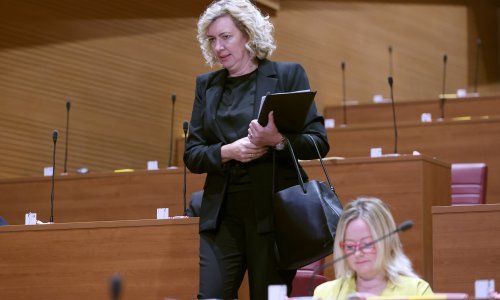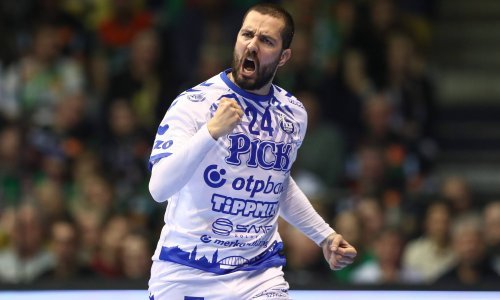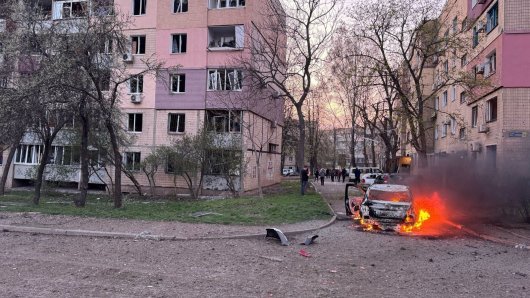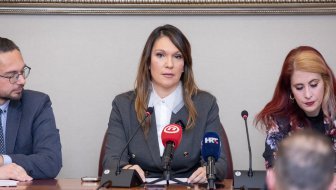The withdrawal of genocide lawsuits Croatia and Serbia have filed against one another at the International Court of Justice in The Hague is not on the agenda of Serbian President Boris Tadic's forthcoming official visit to Zagreb, Croatian President Ivo Josipovic said in an interview in the Sunday issue of the Novi Sad daily "Dnevnik".
Withdrawal of the lawsuits is a matter to be dealt with by the two countries' governments, said Josipovic.
"To a certain degree, both countries are hostages to those lawsuits which are a relic of the times when Croatian-Serbian relations were different then they are today and when their political protagonists were different. I believe that the lawsuits are unnecessary if we reach an agreement to remove reasons for their existence," Josipovic said.
In in interview with the Vecernje Novosti daily of Friday, Serbian President Tadic said Serbia was ready to withdraw its lawsuit.
"Serbia is ready for such an act. However, it requires both sides. I am not sure that Croatia is ready at the moment. In any case, the EU supports the withdrawal of the lawsuits, but I want to emphasise that that does not mean giving up the prosecution of criminals. Quite the contrary, they should answer for their actions before courts of law," Tadic said.
In his interview to Dnevnik daily, Josipovic said that there was a number of outstanding issues between Croatia and Serbia, including the border, missing people, return of stolen cultural artefacts, succession issues, and refugee return.
Regardless of those problems, Josipovic believes that there is no reason why relations between the two countries should become strained again.
"I believe that we have reached such a level in our relations where the outstanding issues, and they were all caused by the bloody break-up of our joint state, can be solved in good faith and to the mutual benefit of our citizens. I am particularly referring here to the issue of people gone missing on both sides. After the recent event in Vukovar, I believe foundations have been laid to stop treating that issue as a political one, but primarily as a humanitarian issue. The same goes for the issue of return of Croatian Serb refugees," Josipovic said.
The official visit of the Serbian president to Zagreb in late November will provide an opportunity to look for "new avenues of cooperation, notably in the area of economy, as well as discuss other issues regarding Croatian-Serbian relations," Josipovic said.
When asked if the 1995 Croatian military and police operation "Storm" would remain a stumbling block in relations between the two countries, Josipovic said that Operation Storm was the final operation of a defensive war with a firm basis in international law.
"Of course, we are aware that crimes were committed and we condemn them unequivocally," Josipovic said, adding that certain differences in the interpretation of past events would always remain, but that that was not problematic in itself.
"It would become problematic if it led to further violence and conflict, or if it became contrary to standards of civilised behaviour. But I see no reason why differing interpretations of past events should be an unsurmountable obstacle in international relations as long as we start from compassion with victims of violence, from the policy of peace. We must not be held hostage by past events and those events should even less be a source of new conflicts," Josipovic said.



































